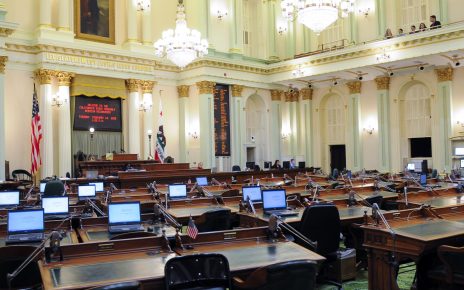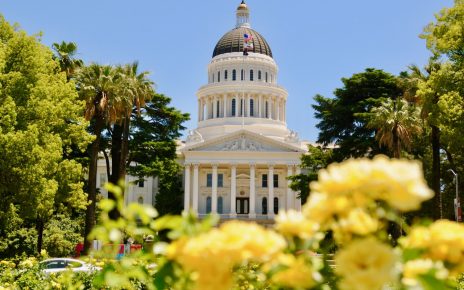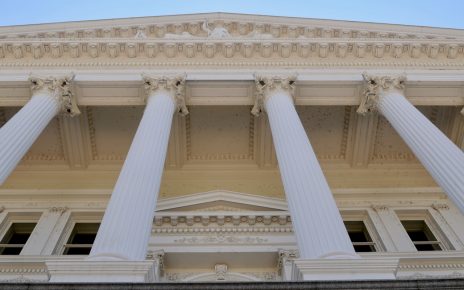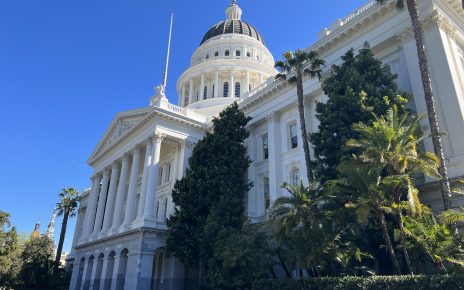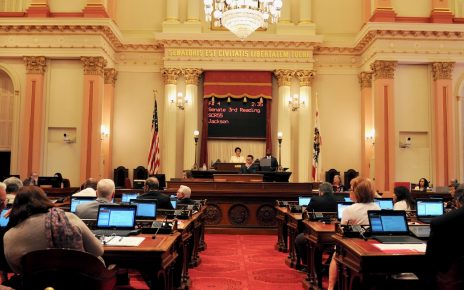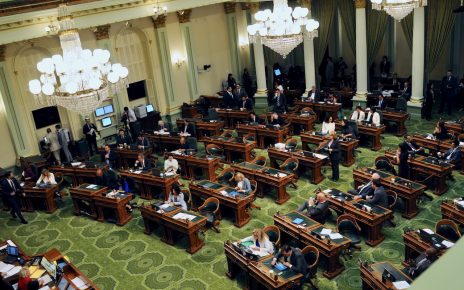What Are the Two Types of Author’s Amendments?
A bill author can amend his or her bill in two different instances. These are called “author’s amendments” and they can occur before formal committee or floor action, or during those times. The first type of author’s amendment occurs before...

